What do you think the 5 stepping stones in a relationship are? Was it the first step toward intimacy when your partner made you soup to heal your running nose? And what about the ‘fighting’ phase in a relationship, wherein your house resembles a WWE ring?
After all, love is not math. There is no linear progression or formula involved. Yet, there are some proven ways to make a relationship work, as per psychology. According to this study, in the 1973 book, The Colors of Love, psychologist John Lee proposed 3 primary styles of love: loving an ideal person, love as a game, and love as friendship. The three secondary styles are: obsessive love, realistic love, and selfless love. Do you resonate with any of them?
Broadly, there are 5 stepping stones in a relationship, and this article will help you navigate them like a pro. To deep-dive into these stages, we talked to emotional wellness and mindfulness coach Pooja Priyamvada (certified in Psychological and Mental Health First Aid from Johns Hopkins Bloomberg School of Public Health and the University of Sydney). She specializes in counseling for extramarital affairs, breakups, separation, grief and loss, to name a few.
What Do Stepping Stones In A Relationship Mean?
Table of Contents
When I asked Pooja to elaborate on the ‘stepping stone’ meaning, her response was, “The 5 stepping stones in a relationship mean the various levels that any relationship has to go through to become a long-term commitment. There is a whole journey involved from getting to know they love Asian food to finally saying “I do” to them, years later. This long progression is what constitutes the stepping stones in relationships.”
All this starts with an intoxicating infatuation. There is no dearth of research on how the early stages of a relationship literally ‘expand’ you. You become a new person, imbibing new ideas about the world. You even discover hidden gems on Spotify and addictive shows on Netflix (thanks to your partner!). But before you know it, the infatuation can turn into irritation. Chocolates and roses don’t help in this phase.
So, every stage requires a different approach. And this brings us to the most important questions. What do you think the important stages in a relationship are? And what are tips to follow during each stage? Let’s find out.
What Are The 5 Stepping Stones In A Relationship?
Just like your progression from a freshman to a sophomore, relationships also evolve from one phase to another. The syllabus for every stage is different. Let’s look at these stages of love, the hurdles one has to cross during the course of a relationship, and a list of handy tips, just for you:
1. ‘What’s your favorite color?’ stage
According to studies, in the initial phases of a relationship, high levels of dopamine are secreted in your brain. When love evolves, other hormones like oxytocin (‘love hormone’) take over.
This is the first relationship stepping stone, meaning the first stage of love. Pooja points out, “The first stage is crucial as without sexual/emotional intimacy, a romantic partnership cannot go any further. When two people come together in a relationship, they don’t know each other well in terms of emotion/sexuality. The first stage helps in building that understanding and strengthening their relationship as a couple.”
To-dos in the first stage of a relationship:
- Listen keenly (like you listen to the dialogues of your favorite movie)
- Pay attention to what your partner likes (it’s okay to like pineapple on pizza!)
- Make them smile (you don’t have to be Russell Peters, don’t worry)
Related Reading: 20 Questions To Build Emotional Intimacy And Bond With Your Partner On A Deeper Level
2. ‘The devil is in the details’ stage
Pooja articulates, “In the second stage, people reveal themselves fully to their partners. The catch here is that the ‘devil is in the details’. Your past might make your partner feel insecure. Underlying issues like childhood traumas also begin to crop up.”
To-dos in the second stage of a relationship:
- Show respect, even during power struggles (“Let’s just agree to disagree”)
- Understand your partner’s attachment style (and communicate accordingly)
- Learn your partner’s love language (Does a hug make them feel better or gifts?)
3. ‘Fight club’ stage
According to studies, those who reported the highest levels of relationship stress still experienced strong feelings of intimacy, as long as they spent time with their partners. This suggests that quarrels do not make or break a relationship — but that ‘how’ a fight is handled, both during and after the spat — makes all the difference.
“Everyone can handle happy times but only a few can handle the friction of this third stage. The true mettle of any relationship is tested in adversity. This is the stage with lots of contrary opinions and hence, conflict. Partners need to understand that holding space for each other would be crucial if the relationship needs to sustain in the longer run,” says Pooja.
To-dos in the third stepping stone to a good relationship:
- Appreciate your partner (give them compliments, praise them in public)
- Show affection during tiffs (“I know we’re fighting but let’s just go for a movie”)
- Tell your partner exactly what’s upsetting you and exactly what you need

4. ‘Make or break’ stage
Recently, my best friend broke up with her boyfriend of six years. Her dad had passed away a few months before the breakup. The grief became so overwhelming that it affected her relationship in a detrimental manner.
So, in the fourth stage of love, a crisis either brings a couple together or breaks them apart. It all depends on how they approach the crisis. Pooja mentions, “Couples who resolve conflicts are couples who stay together. Conflict resolution is also a relationship skill, which only if practiced together as a couple can make the bonding and mutual respect stronger.”
To-dos during the fourth stage of love:
- Take responsibility (“I am sorry. I acknowledge my mistake. I will work on it”)
- Try your hand at new approaches (like couple’s therapy exercises)
- If parting ways, do it on a mature and friendly note
Related Reading: Accountability In Relationships – Meaning, Importance, And Ways To Show
5. ‘Zen’ stage
I have keenly observed the marriage of my grandparents.They lived together for 50 years but still didn’t get bored of each other. Obviously there were so many hurdles along the way but they overcame everything together, like a solid team.
“The last stepping stone to a good relationship would be peace and balance. To reach this balance, one has to go through several important emotions like forgiving oneself and their partner and learning to overlook several human shortcomings,” says Pooja.
To-dos during the last stepping stone in a relationship:
- Give weightage to your partner’s say (“We” instead of “I”)
- Keep the spark alive by embarking on new adventures together
- Keep working on yourself (learn novel activities/skills)
These were the 5 turning points in a relationship. If you keep working on it, the final stage of bliss can even last for a lifetime. In fact, a study of couples who had been married for a decade, found that 40% of them said they were “very intensely in love”. Among couples who were married 30 years or more, 40% of women and 35% of men said they were very intensely in love.
What Makes The Stepping Stones In A Relationship Important?
Pooja emphasizes, “Stepping stones are crucial in every relationship, just like a fruit’s journey from a seedling to becoming a tree. These stages help in stabilizing and strengthening the relationship. Without this evolution, the relationship might remain casual or short-term only.”
She adds, “The lessons that one learns during the various stages in a relationship can be varied and diverse. These can be lessons about one’s own personality, trauma, preferences, and triggers and also those about the partner. These can also be lessons in inclusion, empathy, and human communication.”
Related Reading: The 11 Most Common Relationship Mistakes You Actually Can AVOID
Speaking of lessons, Pooja also gives us the five secrets to building a healthy relationship:
- Kind communication
- Introspection
- Acceptance of yourself
- Acceptance of your partner
- Mutual respect

All these tips sound good in theory but can be difficult to achieve in practice. So, if you find yourself struggling during any of the stages of a relationship, don’t shy away from seeking professional help. Therapy can help you and your partner find the root cause of your problems. It can also help you to communicate more effectively. Our counselors from Bonobology’s panel of experts are just a click away.
Key Pointers
- The 5 stepping stones in a relationship start with getting to know a person
- The second stage is all about being accommodative of your partner’s flaws
- In the next stage, appreciate your partner and express your needs clearly
- The fourth crisis stage will either bring you closer or drive you apart
- The last stage is about keeping the spark alive and growing together
- All these stages have hidden lessons in them (on life skills, emotional depth, trauma/triggers, etc.)
- The strength of your relationship depends on how you resolve conflicts
- It also depends on open communication, mutual respect, and self-awareness
You can use the above handy tips, regardless of where you are at, in your relationship currently. Tread lightly and enjoy the whole journey. Every stage is important in its own way. Don’t try to jump the gun. It will all happen organically, in its own sweet time.
Your contribution does not constitute a charitable donation. It will allow Bonobology to continue bringing you new and up-to-date information in our pursuit of helping anyone in the world to learn how to do anything.

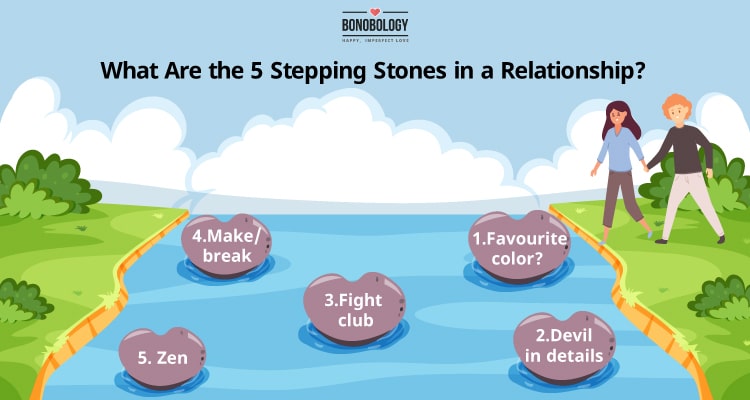




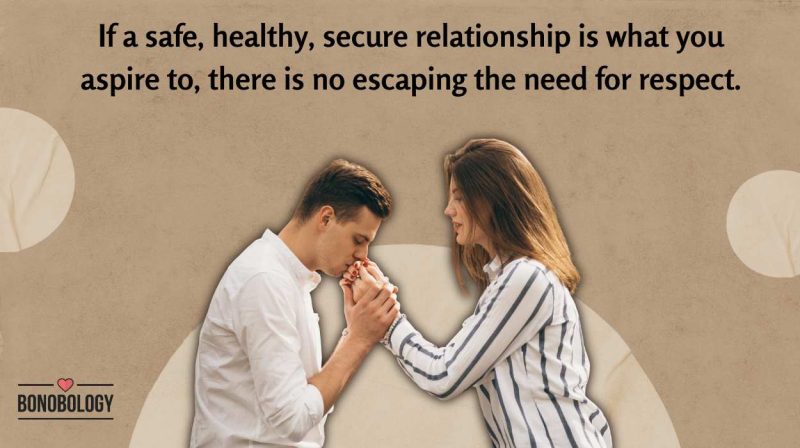




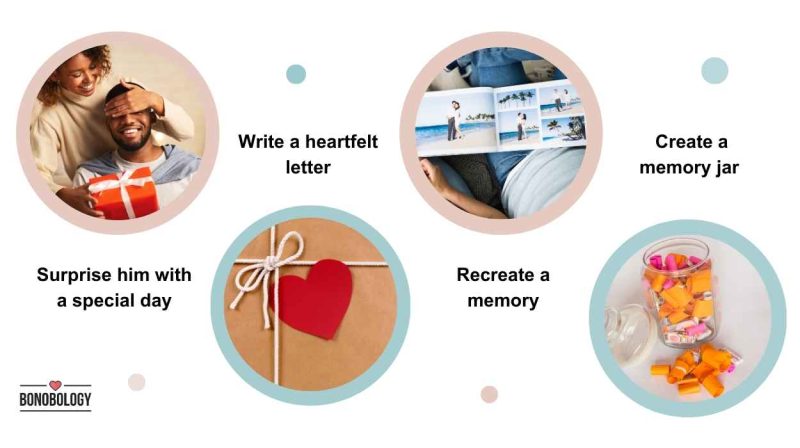






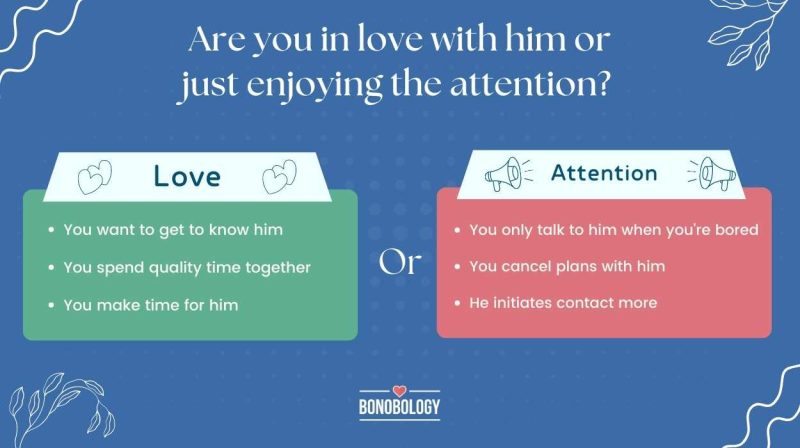
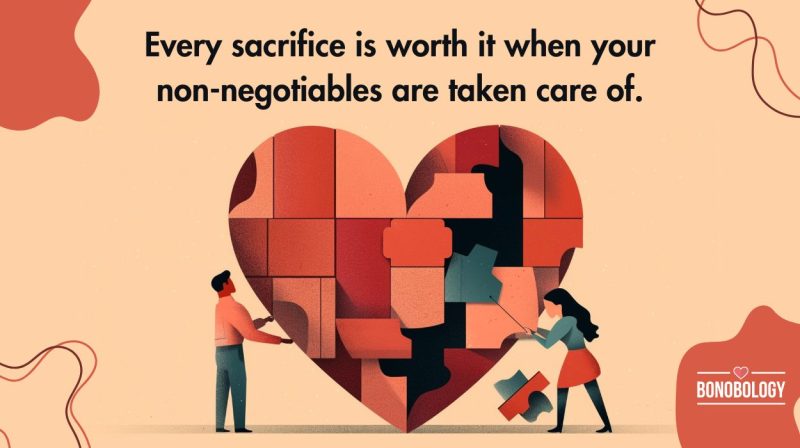
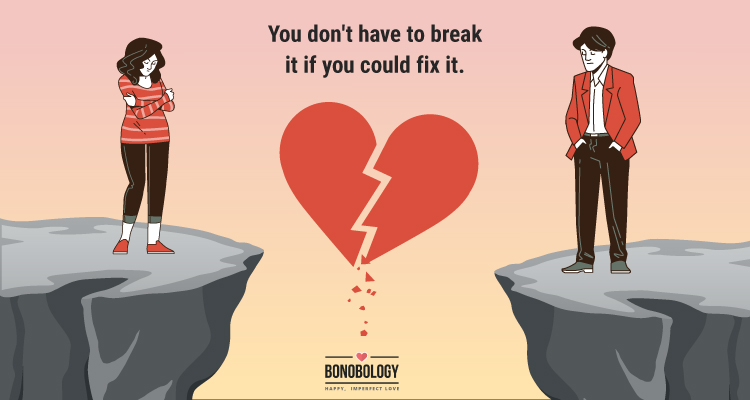
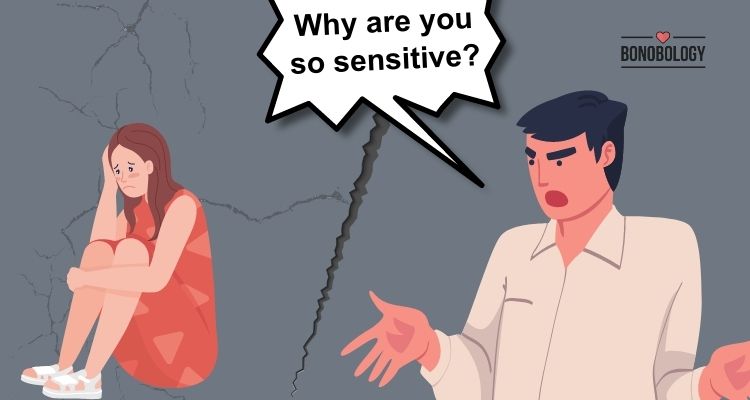

Featured
6 Tips for Helping Your Partner Quit Smoking in Their 50s
How He Treats You Is How He Feels About You — Is It True?
How To Let Someone Down Easy With Kindness And Grace — 13 Tips
How To Show Respect In A Relationship — 9 Ways
The Pitfalls Of Nice Guy Syndrome: How It Affects Relationships
Navigating The Complexities Of Consent In Modern Relationships
11 Ways To Deal With A Sexually Demanding Husband
Accountability In Relationships – Meaning, Importance, And Ways To Practice
How To Apologize To Your Boyfriend: 15 Ways
10 Thought-Provoking Relationship Check-In Questions for Deeper Connection
Is A Monogamous Relationship Right For You? 11 Questions To Help You Find Out
10 Signs You Are In A Truly Stable Relationship (Even If You Feel Otherwise)
7 Subtle Signs Your Partner is Quiet Quitting Your Relationship
Secure Relationships – What Are They And What Do They Look Like?
Physical Touch Love Language: What It Means With Examples
Do I Like Him Or The Attention? Ways To Find Out The Truth
17 Non-Negotiables In Relationships You Must Never Compromise On
15 Ways To Solve Relationship Problems Without Breaking Up
9 Common Narcissist Gaslighting Examples We Hope You Never Hear
The Most Important 7 Qualities Of A Healthy Relationship